Alexander Group interviews Katherine Tate from Quest
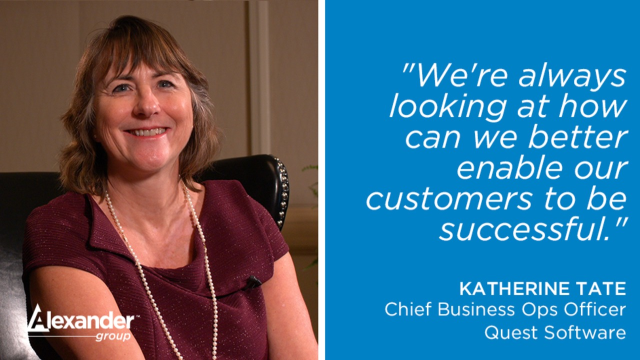 06:26
06:26
Related videos

Create and publish automations on Toad Intelligence Central
Learn how to use Automation Designer to create automation artifacts for code development and publish them on Toad Intelligence Central.
Duration: 07:01

Create a simple PL/SQL unit test using Toad
Creating unit tests for PL/SQL code is an important developer task that doesn’t often get done because it’s difficult and time consuming. As more companies try to bring database change management into DevOps, the absence of tests and a way to automate their execution becomes a major roadblock. Toad provides a really simple way to overcome that roadblock.
Duration: 04:28
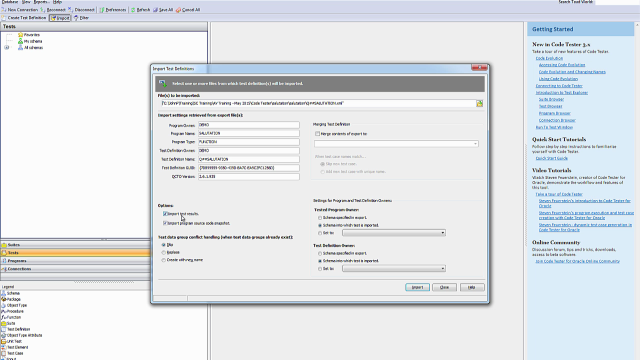
Comprehensive PL/SQL unit testing using Code Tester
Learn how to create more comprehensive tests in Code Tester and discover the interplay between unit testing and debugging to minimise bugs in production.
Duration: 13:29

Checking objects into VCS using Team Coding
Learn how the Team Coding policies can be used to manage how PL/SQL code gets checked into source control.
Duration: 07:31
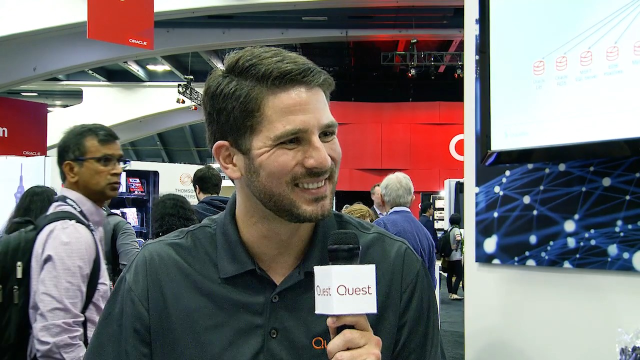
Clay Jackson talks about businesses moving to the cloud
Clay Jackson, Sales Engineer at Quest, talks about how the cloud is influencing database considerations for many organizations.
Duration: 01:47
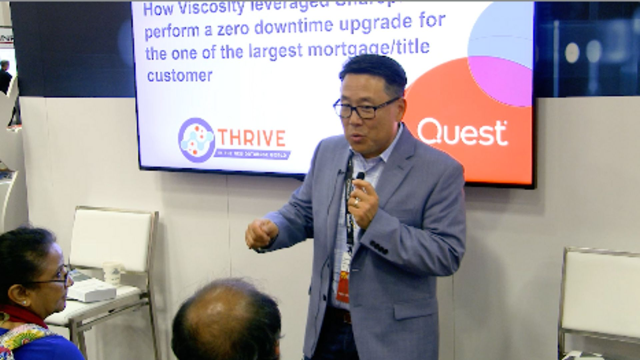
Charles Kim, CEO of Viscosity describes a zero downtime migration
Charles Kim tells an Oracle OpenWorld audience how he performed a zero-downtime database migration for a large mortgage title client using SharePlex®.
Duration: 07:58
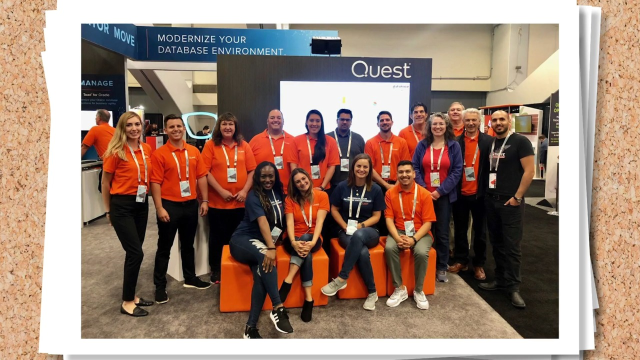
Best of Oracle OpenWorld 2019 with Quest
That sea of orange at this year’s Oracle OpenWorld was the Quest team having a blast while meeting and greeting booth visitors. Thanks to everyone who joined us for demos, giveaways and presentations. See you next year!
Duration: 01:03
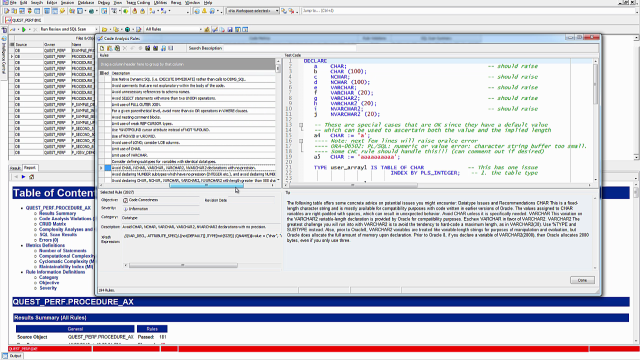
Advanced code review using Code Analysis
Traditional code reviews are often peer-based and incomplete, but as more development shops try to automate these processes as part of Continuous Integration, this method falls short. Code Analysis is a rules-based system that enables a consistent method for performing code reviews that will guarantee the right quality level for you applications and which can be automated.
Duration: 08:56

Access objects from VCS using Team Coding
Learn how to check objects from VCS using Team Coding and work on them in Toad.
Duration: 09:35
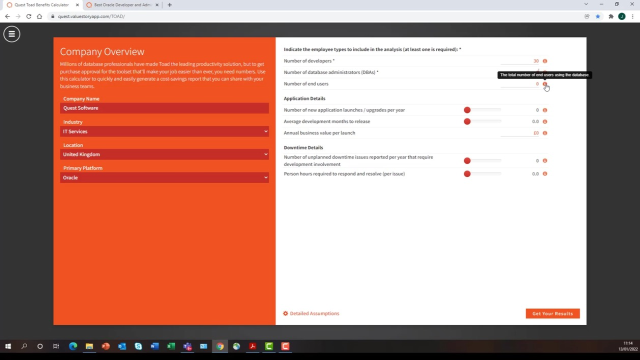
Using the Quest® Toad® for Oracle Benefits Calculator
Get a quick demonstration of our interactive benefits calculator for Quest® Toad® for Oracle. By entering variables and assumptions about your DBAs and developers, you can immediately see a summary of the value of your investment over the life of the license. You can also adjust your input and see a more detailed breakdown of the payback period, cost savings and expected ROI of Toad for Oracle. Share this information with your decision makers to help justify your investment in Toad.
Duration: 09:51

Toad for Oracle product overview
Learn how you can reduce the time and effort required to develop, manage and maintain Oracle databases.
Duration: 01:07

Eight ways to increase your database power and flexibility with Toad for Oracle
Eight ways to increase your database power and flexibility with Toad for Oracle.
Duration: 12:26
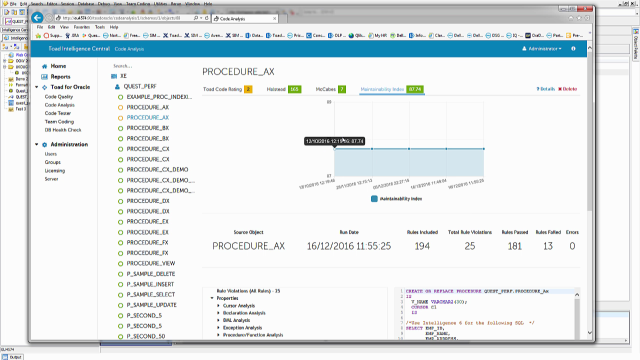
Execute automations on Toad Intelligence Central & Jenkins CI integration
Learn how to execute development automations on Toad Intelligence Central, view the web-based reports and integrate automations with a Continuous Integration build process.
Duration: 10:54
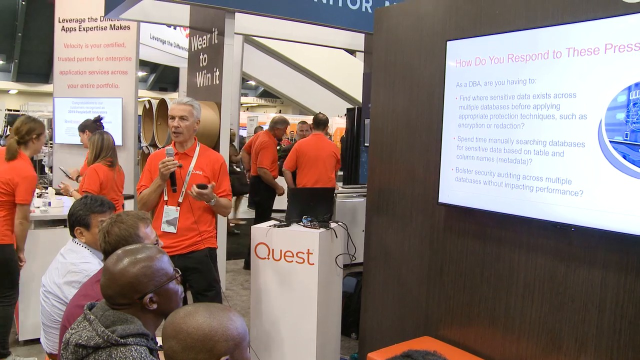
Data Privacy and Security Implications for DBAs
Data privacy regulations are affecting most organizations, and the DBA is often the person responsible for implementing compliance controls and protecting data. But in order to protect data, DBAs need to know where it is. John Pocknell discusses how Toad for Oracle – Sensitive Data Protection helps DBAs discover sensitive data in the Oracle database and how to use Oracle’s tools to protect that data.
Duration: 12:02

